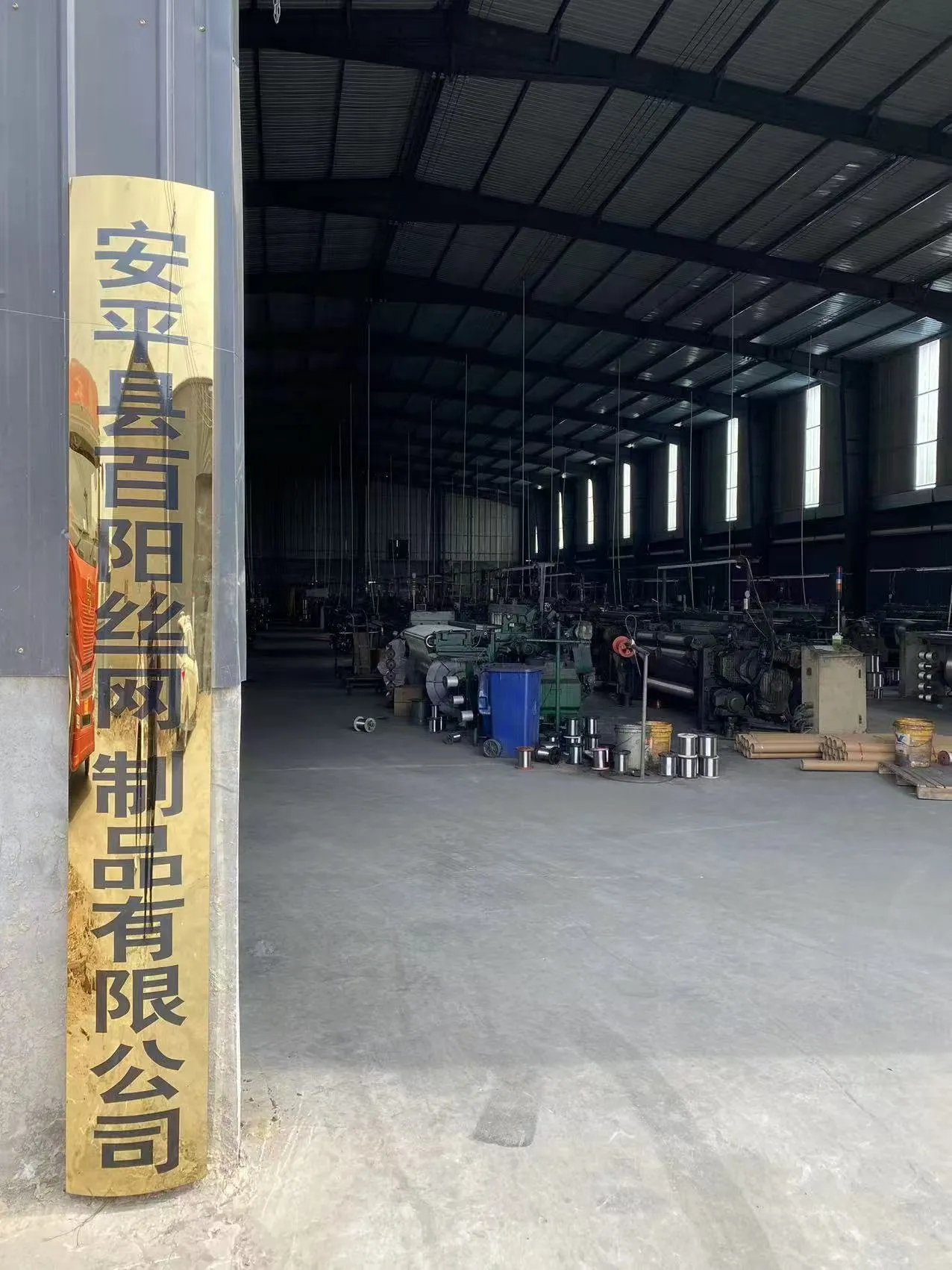-
 Afrikaans
Afrikaans -
 Albanian
Albanian -
 Amharic
Amharic -
 Arabic
Arabic -
 Armenian
Armenian -
 Azerbaijani
Azerbaijani -
 Basque
Basque -
 Belarusian
Belarusian -
 Bengali
Bengali -
 Bosnian
Bosnian -
 Bulgarian
Bulgarian -
 Catalan
Catalan -
 Cebuano
Cebuano -
 China
China -
 Corsican
Corsican -
 Croatian
Croatian -
 Czech
Czech -
 Danish
Danish -
 Dutch
Dutch -
 English
English -
 Esperanto
Esperanto -
 Estonian
Estonian -
 Finnish
Finnish -
 French
French -
 Frisian
Frisian -
 Galician
Galician -
 Georgian
Georgian -
 German
German -
 Greek
Greek -
 Gujarati
Gujarati -
 Haitian Creole
Haitian Creole -
 hausa
hausa -
 hawaiian
hawaiian -
 Hebrew
Hebrew -
 Hindi
Hindi -
 Miao
Miao -
 Hungarian
Hungarian -
 Icelandic
Icelandic -
 igbo
igbo -
 Indonesian
Indonesian -
 irish
irish -
 Italian
Italian -
 Japanese
Japanese -
 Javanese
Javanese -
 Kannada
Kannada -
 kazakh
kazakh -
 Khmer
Khmer -
 Rwandese
Rwandese -
 Korean
Korean -
 Kurdish
Kurdish -
 Kyrgyz
Kyrgyz -
 Lao
Lao -
 Latin
Latin -
 Latvian
Latvian -
 Lithuanian
Lithuanian -
 Luxembourgish
Luxembourgish -
 Macedonian
Macedonian -
 Malgashi
Malgashi -
 Malay
Malay -
 Malayalam
Malayalam -
 Maltese
Maltese -
 Maori
Maori -
 Marathi
Marathi -
 Mongolian
Mongolian -
 Myanmar
Myanmar -
 Nepali
Nepali -
 Norwegian
Norwegian -
 Norwegian
Norwegian -
 Occitan
Occitan -
 Pashto
Pashto -
 Persian
Persian -
 Polish
Polish -
 Portuguese
Portuguese -
 Punjabi
Punjabi -
 Romanian
Romanian -
 Russian
Russian -
 Samoan
Samoan -
 Scottish Gaelic
Scottish Gaelic -
 Serbian
Serbian -
 Sesotho
Sesotho -
 Shona
Shona -
 Sindhi
Sindhi -
 Sinhala
Sinhala -
 Slovak
Slovak -
 Slovenian
Slovenian -
 Somali
Somali -
 Spanish
Spanish -
 Sundanese
Sundanese -
 Swahili
Swahili -
 Swedish
Swedish -
 Tagalog
Tagalog -
 Tajik
Tajik -
 Tamil
Tamil -
 Tatar
Tatar -
 Telugu
Telugu -
 Thai
Thai -
 Turkish
Turkish -
 Turkmen
Turkmen -
 Ukrainian
Ukrainian -
 Urdu
Urdu -
 Uighur
Uighur -
 Uzbek
Uzbek -
 Vietnamese
Vietnamese -
 Welsh
Welsh -
 Bantu
Bantu -
 Yiddish
Yiddish -
 Yoruba
Yoruba -
 Zulu
Zulu
Jan . 09, 2025 11:53
Back to list
High Quality Farm Shade Net for Agriculture
Farm netting has emerged as an indispensable tool in modern agriculture, revolutionizing the way farmers protect and enhance their crops. With climate change and unpredictable weather patterns posing new challenges, the need for farm netting has become more pronounced. Through decades of experience and expertise, the benefits it brings to agriculture are evident.
Farm netting further contributes to water conservation—an ever-growing concern in global agricultural practices. By moderating the exposure to intense sunlight and wind, farm netting reduces water evaporation, ensuring that crops retain necessary moisture and that irrigation resources are used optimally. This efficiency in resource management aligns well with sustainable agricultural practices that are becoming standard across the industry. The trustworthiness of a product lies in its proven track record and positive impact on yield and profitability. Farmers who have incorporated netting into their cultivation practices report not only qualitative improvements in crop produce but also quantitative gains in crop yield. With documented testimonials and case studies, farm netting emerges as a reliable investment that aligns with both ecological and economic goals. For farmers, making the decision to incorporate farm netting into their cultivation practices presents a transformative shift towards more sustainable and resilient farming. As a testimony to its efficacy, thousands of farmers have vouched for its benefits, leading to widespread adoption globally. In conclusion, farm netting is not merely an agricultural accessory—it's a fundamental component of contemporary farming that holds substantial promise for the future. It combines real-world experience with professional expertise, earning its place as an authoritative and trustworthy solution that addresses some of the most pressing challenges in farming today. As agricultural demands evolve, farm netting will continue to innovate, adapting to new challenges while reinforcing its essential role in ensuring food security and sustainability.


Farm netting further contributes to water conservation—an ever-growing concern in global agricultural practices. By moderating the exposure to intense sunlight and wind, farm netting reduces water evaporation, ensuring that crops retain necessary moisture and that irrigation resources are used optimally. This efficiency in resource management aligns well with sustainable agricultural practices that are becoming standard across the industry. The trustworthiness of a product lies in its proven track record and positive impact on yield and profitability. Farmers who have incorporated netting into their cultivation practices report not only qualitative improvements in crop produce but also quantitative gains in crop yield. With documented testimonials and case studies, farm netting emerges as a reliable investment that aligns with both ecological and economic goals. For farmers, making the decision to incorporate farm netting into their cultivation practices presents a transformative shift towards more sustainable and resilient farming. As a testimony to its efficacy, thousands of farmers have vouched for its benefits, leading to widespread adoption globally. In conclusion, farm netting is not merely an agricultural accessory—it's a fundamental component of contemporary farming that holds substantial promise for the future. It combines real-world experience with professional expertise, earning its place as an authoritative and trustworthy solution that addresses some of the most pressing challenges in farming today. As agricultural demands evolve, farm netting will continue to innovate, adapting to new challenges while reinforcing its essential role in ensuring food security and sustainability.
Latest news
-
Shipping Plastic Bags for Every NeedNewsJul.24,2025
-
Safety Netting: Your Shield in ConstructionNewsJul.24,2025
-
Plastic Mesh Netting for Everyday UseNewsJul.24,2025
-
Nylon Netting for Every UseNewsJul.24,2025
-
Mesh Breeder Box for Fish TanksNewsJul.24,2025
-
Expanded Steel Mesh Offers Durable VersatilityNewsJul.24,2025











